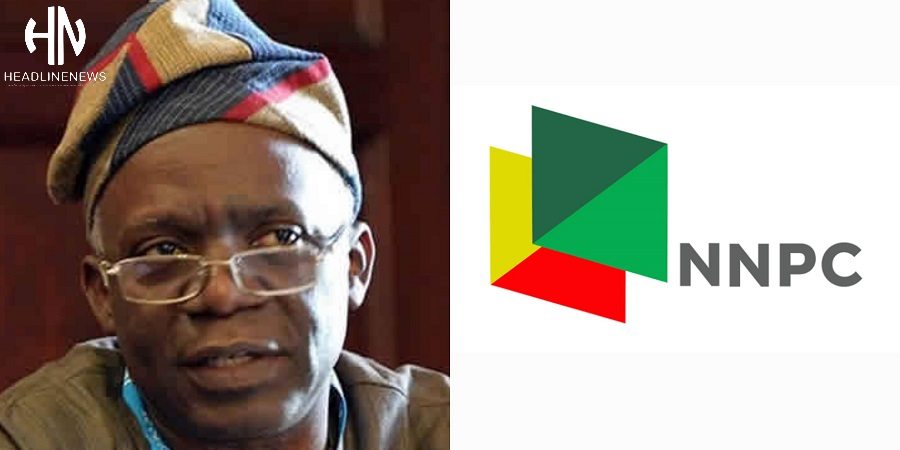Prominent human rights lawyer and Senior Advocate of Nigeria, Femi Falana, has declared that the Nigerian National Petroleum Company Limited (NNPCL) lacks the legal authority to sell Nigeria’s public refineries. He also called for a thorough investigation into what he described as the criminal diversion of $2.9 billion allocated for the rehabilitation of the Port Harcourt, Warri, and Kaduna refineries.

In a strongly worded statement issued Sunday in his capacity as Chairman of the Alliance on Surviving COVID-19 and Beyond (ASCAB), Falana argued that the refineries are not the sole property of the NNPCL or the Federal Government but belong to the entire federation—including the 36 states and 774 local governments—under Section 44(3) of the 1999 Constitution (as amended).
“The public refineries are neither owned by the NNPCL nor the Federal Government. They are collectively owned by the Federation—comprising the Federal, State, and Local Governments,” Falana said.
Rehabilitation Was a “Hoax”
Falana accused the NNPCL of misleading Nigerians by claiming the refineries had been successfully rehabilitated, despite what he described as “security reports confirming the rehabilitation was a hoax.” He noted that the Economic and Financial Crimes Commission (EFCC) has already commenced an investigation into the matter.
He linked recent comments by Aliko Dangote, President of the Dangote Group, and Bayo Ojulari, Group CEO of the NNPCL, to a hidden agenda aimed at justifying the sale of the refineries.
“Last Thursday, Mr. Dangote stated that the Port Harcourt, Warri, and Kaduna refineries may never function again—despite $18 billion spent on turnaround efforts. A day later, the NNPCL’s GCEO confirmed that the company is considering selling them off due to outdated infrastructure,” Falana noted.
Legal and Constitutional Barriers
Falana warned that any move to sell the refineries without due process would be illegal on multiple fronts:
-
Ongoing Investigations – Selling the refineries now, he said, would obstruct the EFCC’s investigation into the $2.9 billion paid to two foreign contractors for rehabilitation work that was never completed.
-
Lack of Legal Backing – The Commercialisation and Privatisation Act does not include Nigeria’s refineries among public enterprises listed for privatisation. Without amending the Act, any sale would be unlawful and subject to nullification.
-
Constitutional Violation – He cited Section 16(2)(c) of the Nigerian Constitution, which prohibits economic policies that allow wealth or key industries to be concentrated in the hands of a few individuals or entities.
“Selling off the refineries to a few interests violates constitutional safeguards against the monopolisation of national assets,” Falana said.
Call for Accountability and Transparency
Reacting to Dangote’s disclosure that $18 billion has been spent on failed rehabilitation efforts, Falana urged him to cooperate with the EFCC.
“Since this information is within his reach, Mr. Dangote should be prepared to assist the EFCC in tracing the funds. Recovering even a portion of that money could build an entirely new refinery,” he asserted.
He also called out the NNPCL for its silence over inconsistencies in the Federal Government’s equity stake in the Dangote Refinery. While the Federal Executive Council approved $2.76 billion for a 20% stake, Dangote recently claimed the NNPCL only acquired 7.2%.
“The EFCC should investigate the apparent shortfall and establish what happened to the funds meant for the full 20% equity acquisition,” he added.
Final Demands
Concluding his statement, Falana urged the EFCC to stop allowing the NNPCL to shield the contractors who failed to deliver on their refinery rehabilitation commitments.
“The EFCC should issue an ultimatum to the two foreign contractors—either complete the work or refund the $2.9 billion contract sum,” Falana said.







